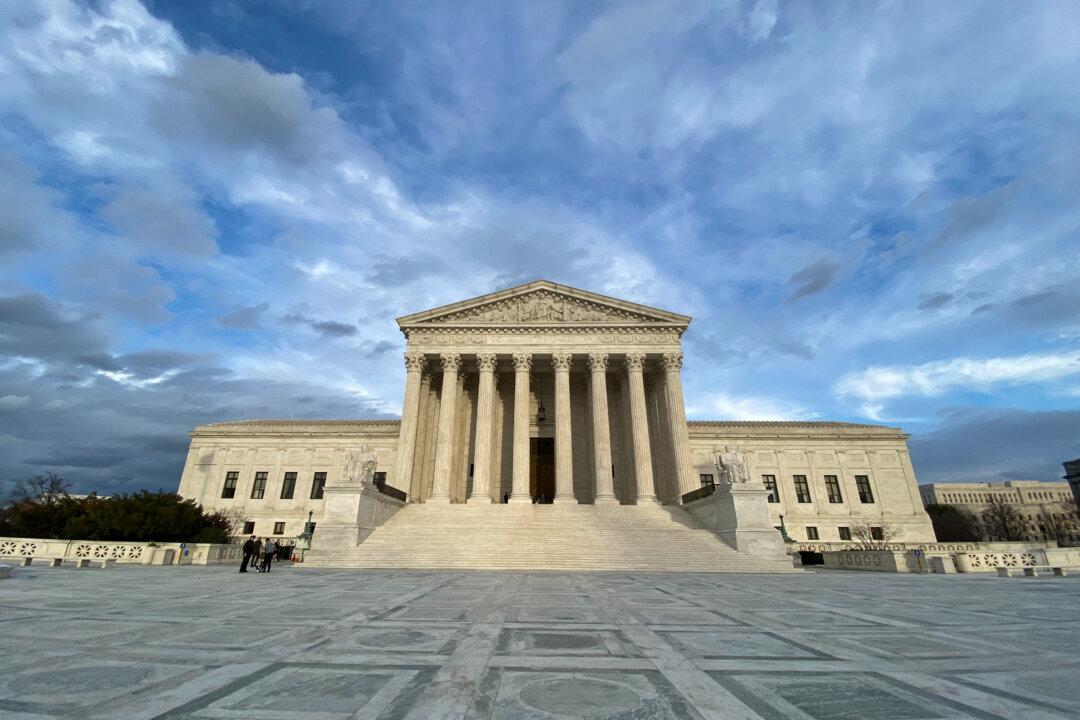The Supreme Court has denied a request to suspend the enforcement of the “public charge” rule until the CCP virus pandemic is over.
The top court on April 24 denied a motion (pdf) by three states—New York, Connecticut, and Vermont—and New York City to temporarily lift or modify a previous order that allowed the public charge rule to take effect nationwide.




